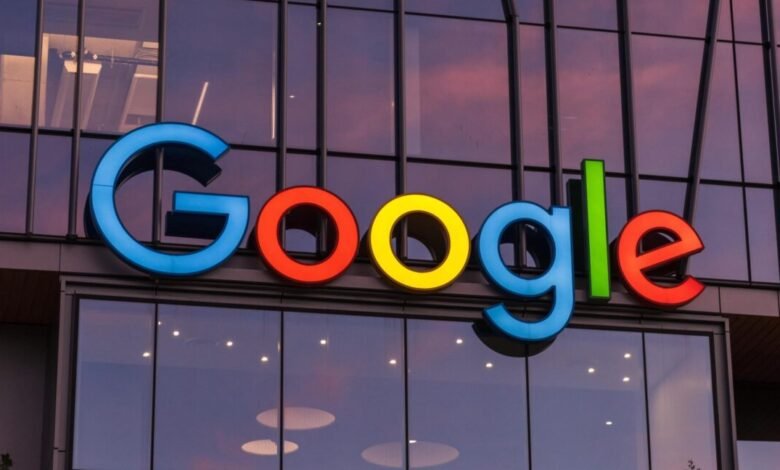UK regulator challenges Google’s search dominance

▼ Summary
– The UK’s Competition and Markets Authority has designated Google with “strategic market status,” enabling further business restrictions in the country.
– This designation is part of the UK’s new digital markets competition regime and follows an investigation confirming Google’s market dominance.
– Google holds substantial market power in search and search advertising, with over 90% of UK internet searches, but the label does not imply illegality or immediate regulation.
– While AI services like Gemini are excluded, some AI search features are included in the designation, contrasting with Google’s US arguments about AI competition.
– The CMA will begin consultations this year on interventions, potentially expanding existing measures and introducing new requirements by early 2026.
The United Kingdom’s Competition and Markets Authority (CMA) has officially designated Google as possessing “strategic market status,” a move that signals tighter regulatory oversight of the tech giant’s operations within the country. This decision aligns Google with a growing list of international antitrust challenges, joining ongoing legal actions in the United States and increased scrutiny from European regulators. Google has voiced its opposition to the CMA’s determination.
This significant designation stems from the UK’s recently established digital markets competition framework, which became law earlier this year. The CMA promptly initiated a probe to assess whether Google met the criteria for this status, concluding its investigation with a definitive affirmation. The “strategic market status” label itself does not imply any finding of unlawful conduct or trigger immediate new rules. Instead, it formally recognizes that the company wields “substantial and entrenched market power” in specific sectors the CMA oversees. The regulator has pinpointed Google’s overwhelming dominance in both general search and search advertising, where it commands a market share exceeding 90 percent of all internet searches conducted in the UK.
The emergence of generative AI has complicated antitrust discussions, particularly in Google’s US court battles. The company frequently argues that the surge of AI-powered search providers introduces robust competition into the market. For its part, the UK regulator has clarified that Google’s standalone Gemini AI assistant falls outside the scope of this particular designation. However, AI functionalities that are directly integrated into search, such as AI Overviews and AI Mode, are considered part of the relevant market and are included in the assessment.
The CMA has announced that it will commence consultations on potential interventions to foster effective competition later this year. The initial round of proposed measures is expected to build upon solutions Google has already implemented in other jurisdictions or has offered voluntarily in the UK. These could involve granting publishers greater authority over how their data is utilized within search results and implementing “choice screens” that present users with alternatives to Google’s services. Proposals that would necessitate entirely new actions from Google are anticipated to be unveiled in the first half of 2026.
(Source: Ars Technica)





